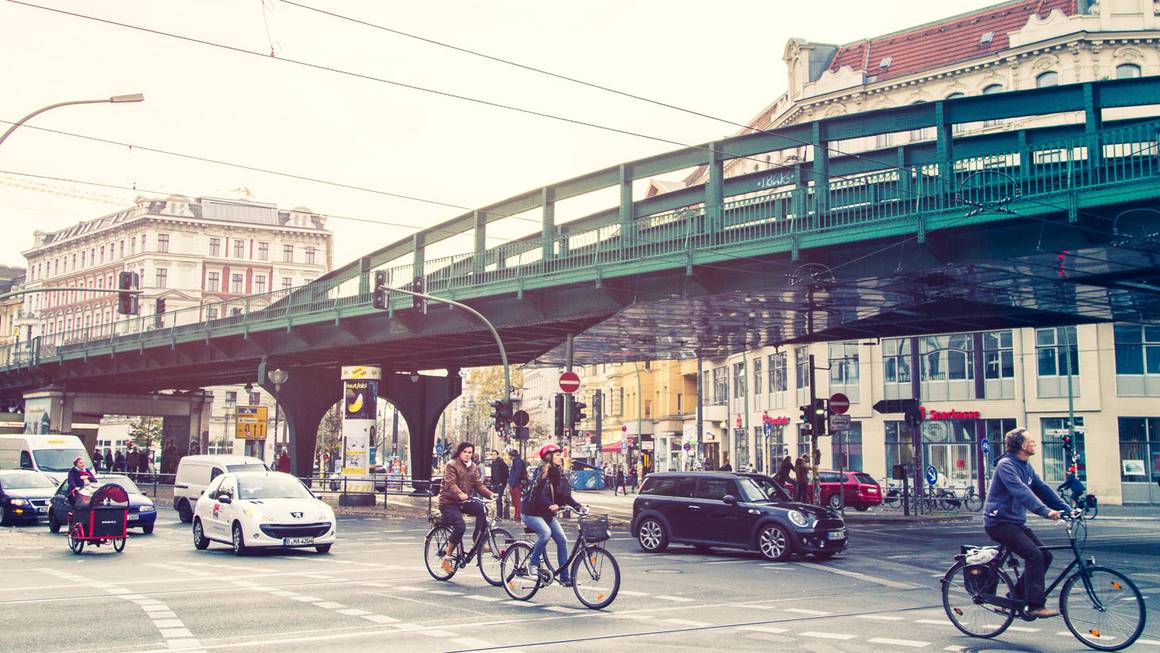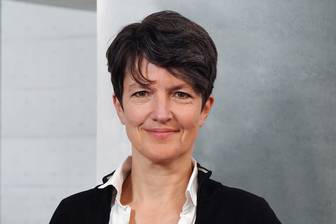Changing mobility patterns, including trends toward individualisation and digitalisation, are altering how people travel and the types of transport they use. This is especially true in large urban areas. Today, city-dwellers have a variety of options for getting from A to B without needing to own a car.
While such trends represent a step in the right direction, major challenges are associated with the introduction of new digital technologies, the rollout of electric vehicles and driverless cars, and the emergence of new mobility services. Cities must ensure accessibility, minimise the negative impacts of transport, and meet carbon reduction goals, all while working to create liveable environments capable of attracting new residents and investment from other places in Germany and abroad.
Cities are important voices in public discussion about the transformation of the transport sector, and are the main agents of its local implementation. The goal of Agora Verkehrswende is to engage in dialogue with cities and other key stakeholders about sustainable urban mobility while identifying practical recommendations for decision-makers at various levels of government.










